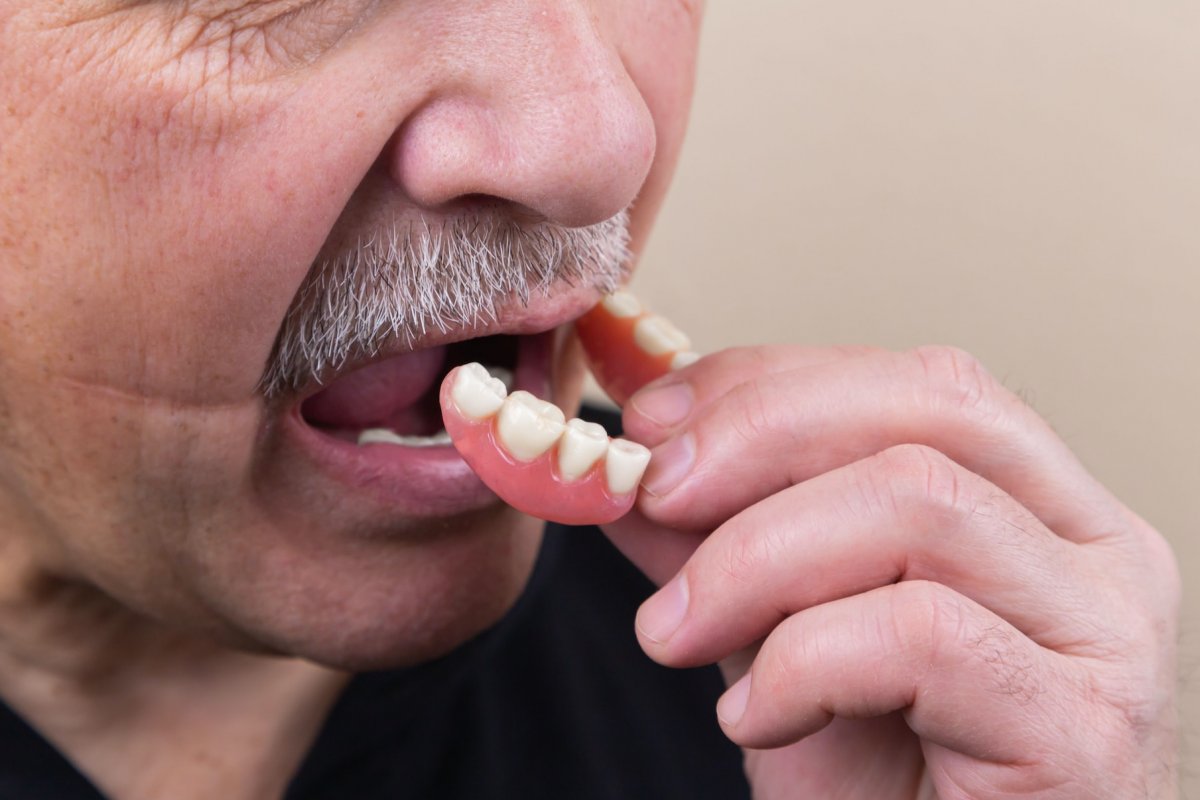
The doctor warned that not closing enough eyes can lead to gum disease, bad breath and a number of other problems in the mouth.
Because of our busy schedules, many people find it difficult to get the recommended seven to nine hours of sleep each night. Despite the obvious complications associated with lack of sleep, it can also have potentially dangerous consequences for your teeth.
Sleepless nights can lead to tooth loss.
Gum disease
Not enough teeth up to a year? Expect problems
“One of the most common dental problems caused by lack of sleep is gum disease, otherwise known as gingivitis, and this is caused by additional inflammatory hormones produced by the body when it doesn’t get enough sleep. The first sign of gum disease is bleeding gums. It is at this point that you should act and seek the advice of a doctor, as it can lead to more serious dental problems such as periodontitis, pocketing between the gums and teeth, and eventually tooth loss. Keep a close eye on your gum health if you wear aligners, as any bacteria caught in them will land on your teeth and multiply, causing even more problems,” says general practitioner Irina Andreeva, especially for MedicForum.
Diabetes leads to tooth decay and loss of teeth
Studies have also shown that people with periodontitis are at increased risk of heart attacks, strokes, and other cardiovascular diseases.
People with gum disease (also known as periodontal disease) have two to three times the risk of having a heart attack, stroke or other serious cardiovascular disease. But there may not be a direct connection. Many people with heart disease have healthy gums, and not everyone with gum disease develops heart problems.
Common risk factors such as smoking or an unhealthy diet may explain this association.
h3>Teeth grinding
Although bruxism (teeth grinding/grinding) is most often the result of stress and anxiety, it is also common among those who suffer from sleep deprivation and can seriously affect oral health.
Mild cases may not require treatment, but those who frequently clench their teeth and put too much stress on them can develop serious jaw problems, headaches and migraines, flattened/cracked teeth, tooth sensitivity, and even tooth loss. It can also lead to premature aligner wear, so be sure to let your dentist know if you're struggling with this. p class=”warning_txt”>Important! Information provided for reference purposes. Ask a specialist about contraindications and side effects and under no circumstances self-medicate. At the first sign of illness, consult a doctor.
